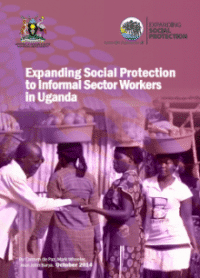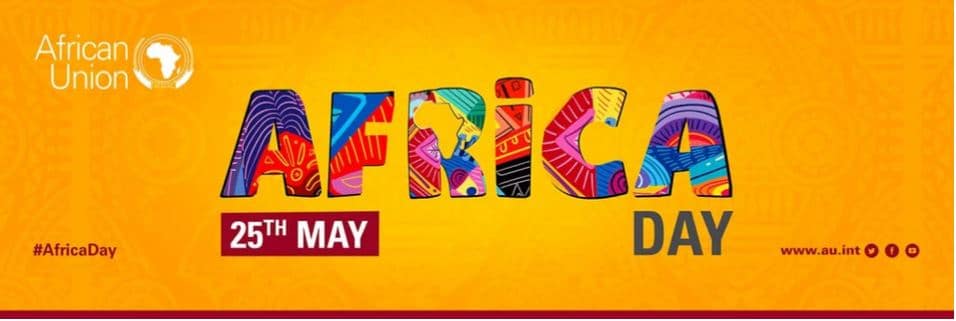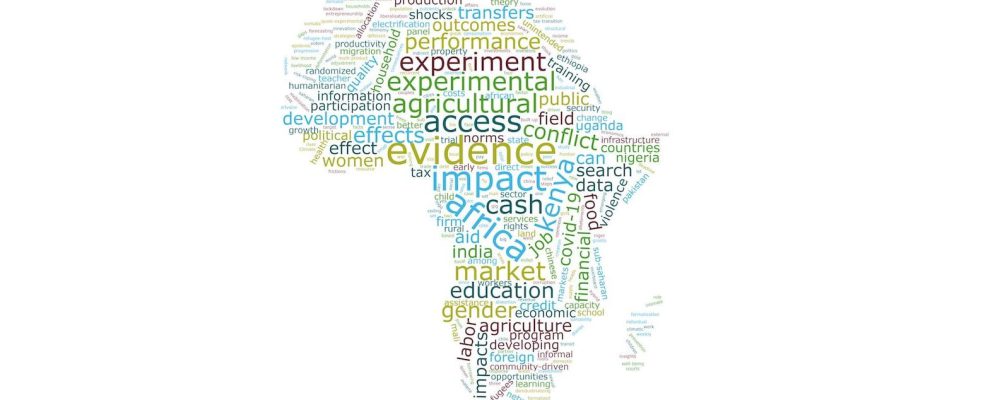
Policy highlights:
- A majority of the Ugandan population remains vulnerable to a variety of financial and social risks. Some of the most common coping strategies include asset and savings depletion, external assistance and production adjustments. Households often make use of negative coping strategies (reducing food intake or removing children from school), which can reinforce the poverty and vulnerability cycle.
- This article discusses the use of health insurance and social insurance as tools for risk mitigation and poverty reduction in Uganda. In Africa, 90% of the new jobs created over the last decade were in the informal sector. In Uganda, only around 21% of the labour force was engaged in paid employment as of 2009/2010, leaving many out of reach of existing social protection systems. This leads to heightened vulnerability to poverty and prevents people from investing in productive activities. The key constraints to inclusion of informal sector workers are a lack of financial capacity of recipients to contribute to a scheme and low awareness and knowledge levels among informal sector workers about insurance schemes and the benefits of joining. Informal sector workers appear to be particularly wary of formal institutions that may request further contributions from them. In addition, formal institutions lack capacity to identify and reach out to workers.
- Developing a zero social protection pillar (providing non-contributory tax-financed minimum benefits) could be the most effective strategy to expand coverage to the informal sector. However, a separate scheme for the informal sector is not a preferred option for the Ugandan government and would therefore require special awareness-raising and lobbying efforts.
- The authors recommend setting up pilot projects to test the effectiveness of these schemes. These would be preferably set-up in urban areas for workers who have the capacity to contribute to a scheme. The projects should include 1) voluntary but incentivized participation, 2) flexibility in contributions, 3) a reduction of administrative costs making use of existing infrastructure and institutions and ICTs, 4) benefits and formats as demanded by informal sector workers, and 5) training and sensitization activities.







